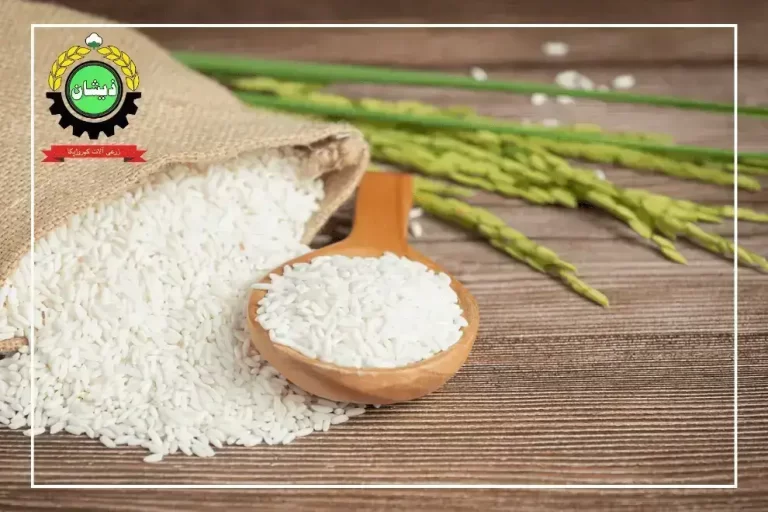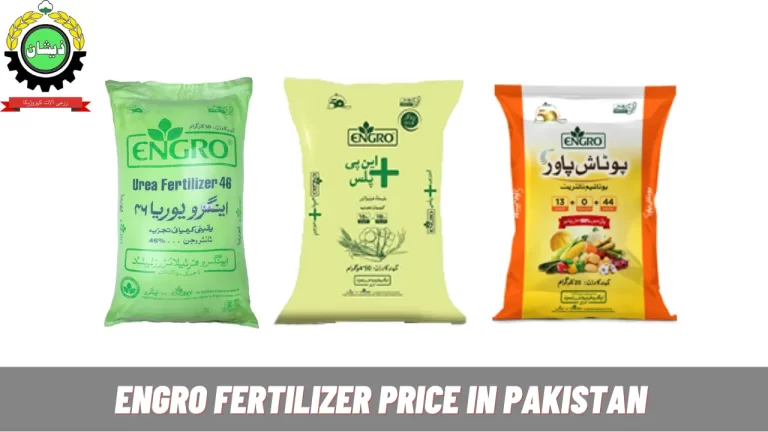Black Wheat in Pakistan | Latest Prices and Benefits
Black wheat has quickly gained popularity across Pakistan due to its nutritional profile and potential health benefits. This article aims to provide an in-depth understanding of black wheat’s history, characteristics, cultivation in Pakistan as well and prices. Whether you’re health-conscious or an interested farmer this article provides invaluable insight.
What is Black Wheat?
Black wheat also known as Emmer wheat or Triticum dicoccum, is an unusual variety of wheat distinguished by its dark hue. While commonly consumed white and red varieties feature lighter hues due to antioxidant pigments found in their cells, black wheat stands out with its deep hue due to anthocyanins found within its cells. The distinct hue of this variety also draws attention to its exceptional nutritional composition and potential health benefits.
In the following sections, we will delve deeper into its origins, characteristics, and cultivation in Pakistan as we shed light on its unique qualities while contributing positively towards agriculture overall.

Black Wheat Prices in Pakistan Per KG 2024
Below are the current prices of Black Wheat in Pakistan:
| Black Wheat | Minimum Prices | Maximum Prices |
|---|---|---|
| 1 KG | Rs. 1280 | Rs. 1500 |
Also, Check the Prices:
Wheat Price in Pakistan Today | Gandum Rate per 40KG
NARC G1 Garlic in Pakistan: Latest Prices
Understanding Black Wheat
- The Growing Popularity: Over the past few years, black wheat has gained significant popularity in Pakistan. Health-conscious individuals are seeking alternatives to refined grains, and the unique properties of black wheat make it an attractive option.
- The Cultivation Process: Black wheat cultivation follows a similar process to other wheat varieties. Farmers prepare the soil, sow the seeds, and provide the necessary care and irrigation throughout the growing period. The crop is harvested when the grains reach maturity and are then processed for consumption.
- Availability and Prices: In Pakistan, black wheat is primarily available in specialty health stores, organic markets, and online platforms. The average price of black wheat ranges from Rs. 1500 to Rs. 2000 per kilogram, depending on factors such as quality and brand.
Difference Between Black Wheat and Normal Wheat
Black wheat differs greatly from ordinary wheat in terms of its properties, nutritional profile, and potential health advantages. Therefore, recognizing these differences can help consumers make informed decisions when including these grains in their diets. Let’s compare the grains’ differences!
Appearance:
- Black Wheat: Black wheat stands out due to its stunning appearance. Boasting deep black or purple hues, its distinctive coloring stands out against regular yellow or brown varieties of wheat.
- Normal Wheat: By contrast, regular or white or brown wheat usually displays an amber to pale golden hue that has become iconic across a range of wheat products.
Nutritional Composition of H3:
- Black Wheat: Black wheat boasts an outstanding nutritional profile. It contains higher concentrations of beneficial compounds compared to regular wheat, making it a nutritional powerhouse. Anthocyanins – antioxidants present in black wheat that give its distinctive color – provide protection from oxidative stress by neutralizing free radicals that damage cells while also neutralizing harmful free radicals resulting in reduced inflammation and improving overall well-being.
- Normal Wheat: Regular wheat also boasts numerous nutritional advantages, though its composition varies slightly from that of black wheat. Regular wheat is a good source of dietary fiber, which helps with digestion and weight loss, as well as critical B vitamins, iron, and magnesium, which help with a variety of biological processes.
Health Benefits:
- Black Wheat: Consuming black wheat has many distinct health advantages attributed to its rich antioxidant content, specifically anthocyanins which have been linked with potential anticancer properties and cardiovascular health benefits as well as improved cognitive functions.
- Normal Wheat: Regular wheat provides numerous health advantages. Its fiber content helps digestion, regulates blood sugar levels and promotes feelings of fullness to promote weight management. Regular consumption has been linked to decreased risks of heart disease, improved gut health and higher energy levels.
The Future of Black Wheat in Pakistan
The future of black wheat in Pakistan looks promising, thanks to ongoing research and development efforts in the agricultural sector. Scientists and experts are dedicated to enhancing cultivation techniques, improving disease resistance, and developing new varieties of black wheat. These endeavors aim to boost the yield, quality, and overall productivity of black wheat, making it a more attractive option for farmers.
1- Growing Demand and Market Potential
There is an increasing awareness of the health benefits associated with black wheat consumption both domestically and internationally. As more people recognize its nutritional advantages, the demand for black wheat is expected to rise. This presents a significant market potential for Pakistan, as the country can tap into this demand and position itself as a key player in the black wheat industry.
2- Government Support and Initiatives
To capitalize on the potential of black wheat, the Pakistani government plays a crucial role in providing support and implementing initiatives. It is essential for the government to invest in the necessary infrastructure, research facilities, and farmer training programs to promote the cultivation of black wheat. Moreover, policies and incentives can encourage farmers to adopt black wheat as a profitable crop.
3- Collaboration with the Private Sector
Collaboration between the public and private sectors is vital for the successful growth of black wheat in Pakistan. Private companies, agricultural organizations, and research institutions can work together to develop improved seed varieties, establish supply chains, and explore marketing opportunities. This synergy can lead to sustainable growth and long-term success for black wheat cultivation.
4- Export Opportunities
As black wheat gains recognition worldwide, there is an opportunity for Pakistan to explore export markets. By meeting international quality standards and establishing strong trade relationships, Pakistani black wheat can find its way to global consumers. This can not only boost agricultural exports but also foster overall economic development in a country.
Health Benefits of Black Wheat
Rich in Antioxidants and Nutrients:
One of the key reasons for black wheat’s ever-increasing popularity is its outstanding nutritional profile. Antioxidants called anthocyanins are found in Black Wheat and serve to defend against free radicals and reduce oxidative stress. Furthermore, Black Wheat provides essential vitamins, minerals and proteins essential to maintaining a balanced diet.
Potential Anti-Inflammatory Properties:
Studies have suggested that black wheat possesses anti-inflammatory properties. The presence of bioactive compounds in black wheat can help reduce inflammation in the body, potentially benefiting individuals with chronic inflammatory conditions.
Supporting Heart Health:
Consuming black wheat may have positive effects on heart health. In particular, its anthocyanin content has been linked with improved cardiovascular function including reduced risks of heart disease and LDL cholesterol reductions.
Managing Blood Sugar Levels:
For individuals concerned about managing blood sugar levels, black wheat offers a promising solution. Its high fiber content aids in regulating blood glucose levels, preventing sudden spikes and promoting better glycemic control.
Also, Check the Prices:
Khad Rate in Pakistan Today | Fertilizers Sona DAP Price
Cotton Price in Pakistan Today Phutti Rates in Market
Conclusion: Black Wheat in Pakistan
The rising popularity of black wheat in Pakistan highlights the growing awareness of its health benefits and culinary appeal. With its unique dark grains and a range of potential advantages, black wheat has become a valuable addition to the Pakistani agricultural landscape. By adding this nutritious and tasty grain into our diets, we can experience increased nutrition and overall well-being benefits.
Frequently Asked Questions (FAQs)
No, black wheat is not a genetically modified crop. It is a natural variant of traditional wheat with a dark-colored bran layer.
Yes, black wheat can be grown organically. Organic farming practices ensure that no synthetic chemicals or pesticides are used during cultivation, making it a healthier and environmentally friendly option.
Approximately 60 to 80 kilograms of seed is required to sow one acre of black wheat. It is important to follow the recommended seeding rate to ensure optimal growth and yield of the crop.
Black wheat has a slightly nuttier and earthier flavor compared to regular wheat. It adds a unique taste and texture to baked goods and dishes.
Black wheat cultivation is suitable for regions with moderate temperatures, adequate rainfall, and well-drained soil. Farmers should consider the specific climatic conditions of their region before growing black wheat.
Black wheat’s high fiber content can contribute to feelings of fullness and aid in weight management by promoting satiety and supporting healthy digestion. However, it’s essential to maintain a balanced diet and overall healthy lifestyle for effective weight management.






